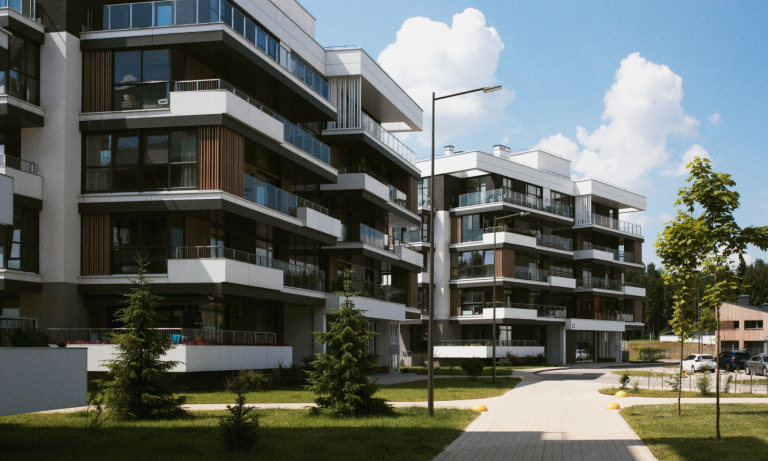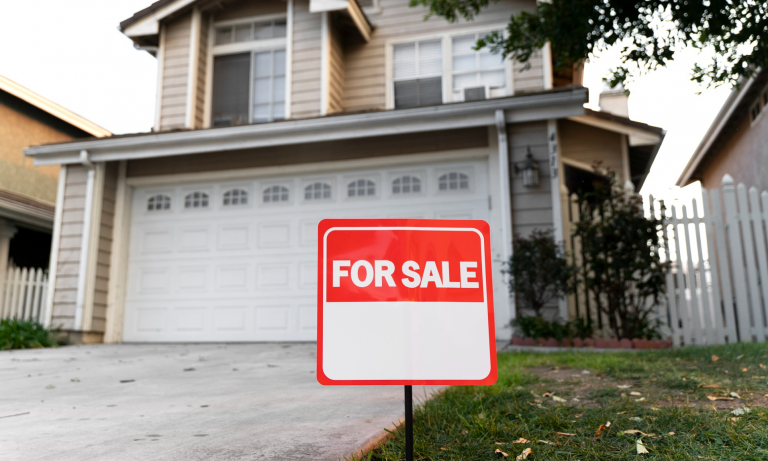Key trends and insights that will drive the property market this year
The local property market in 2025 looks to be driven and shaped by several slowly developing economic (practical) factors, changing consumer behaviours and preferences (aspirational), and a renewed focus on sustainable development.
The ongoing stability of the country’s power supply, boosted further by the positive sentiment created by the formation of the Government of National Unity, has paved the way to a positive economic outlook, renewed investor sentiment, lower reported inflation, and the first interest rate cuts experienced in four years. Whether these factors result in a buyers’ or sellers’ market developing in 2025 remains to be seen, but these factors are certain to shake up an industry out of its slump.
The economic recovery is slowly underway
After a period of high interest rates, further easing in the prime lending rate is anticipated into 2025 to extend the downward rate cycle experienced in the latter half of 2024. It is anticipated that this could spur more activity in the mid to upper segments of the market, which have been largely stagnant in recent years in most provinces outside of the Western Cape (specifically Cape Town, where demand remains strong due to urban migration and lifestyle appeal). This is likely to drive home prices up, particularly in large metropolitan areas like Johannesburg.
Despite high interest rates, banks observed a resurgence in first-time homebuyer activity in 2024, on the assumption that this was driven by expectations of the imminent interest rate cuts which materialised. Property experts believe that first-time homebuyers will start to lead the recovery of the property market, supported by the banks.
Reported stats showed that between 47-51% of home loans registered by the largest South African banks were taken out by first-time buyers in 2024, and this trend looks to extend as banks pledge ongoing support for aspirant homeowners in times of reduced rates (and risk). Banks do this by offering home loans of more than 100% of the purchase price to qualifying first-time homebuyers to cover upfront costs like bond registration/transfer fees.
Technology and smart homes can be your reality
The integration of technology, including AI-powered underwriting, blockchain-based smart home loan contracts, and smart home systems will transform how properties are bought, sold and managed. Virtual reality (VR) developments and property tours are expected to grow in popularity, allowing buyers more flexibility to design and shop on their own terms.
A mix of global trends, local innovation and increasing consumer demand for convenience, security and energy efficiency is driving this growth, particularly in times of a more stable energy supply. South Africans can now focus on how to apply smart home technology, even starting with simple changes like smart lighting and plug points that power smart devices in their homes – who doesn’t want a coffee machine that can make your coffee before you’ve even climbed out of bed? Smart surveillance systems and access control (including biometric access systems and smart locks) will give us freedom as well as that all important sense of security we all need.

Sustainability and green energy drive home sales
Demand for eco-friendly homes is rising, driven equally by concerns about energy efficiency (reducing the cost of powering one’s home) and by Eskom’s lengthy power challenges (which we know aren’t a thing of the past quite yet). These energy challenges, environmental concerns and evolving regulations mean that many property developers are increasingly adopting eco-friendly building methods and home solutions to reduce carbon footprints and enhance energy efficiency.
Homes in urban areas that incorporate sustainable building materials and energy solutions like solar panels and off-grid capabilities are becoming more attractive to buyers. Driven by global sustainability trends, more South African properties are being designed and built with energy-efficient solutions, and green building practices, and banks (as financiers to these developments and the eventual homeowner’s lenders) price accordingly when it comes to rates. This will benefit homeowners by lowering the cost of running their homes (houses that are built to stay cool in summer and warm in winter significantly reduces electricity costs for example).
Semigration is still a thing, backed by lifestyle shifts and preferences
Semigration – where buyers move from one province to another in search of better living conditions – looks to still be a dominant trend in 2025 having slowed in 2024 due to high interest rates and inflated home prices (in the Western Cape). The Western Cape (Cape Town’s northern suburbs and the Garden Route specifically) is expected to remain the most popular destination due to its perceived better governance and quality of life. Gauteng will continue to attract buyers seeking employment opportunities.
Robust demand for premium properties remains, particularly those that offer a comprehensive lifestyle experience which promotes safety and security.
In urban hubs like the Western Cape and Gauteng, mixed-use lifestyle-orientated developments are more popular than ever – built with a community in mind, and a lifestyle that promotes outdoor living and social activity at the same time. With amenities such as fitness centres, padel courts, safe running routes, coworking spaces, and communal green areas, many, including first-time homebuyers are willing to pay a premium for these, and it is anticipated that this will continue with the downward rate cycle we’re in as affordability improves.

Is 2025 your year to own your own home?
With these trends likely to drive considerable activity in the property market in 2025, it’s an exciting time to be considering homeownership as a goal. Since this is a long-term investment, and one that shouldn’t be entered into without ensuring you’re financially prepared, make your first New Year’s resolution a responsible one. Chat to one of our Home Loans Specialists about how to do a pre-approval, and use this opportunity to take a good look at your income and expenses to see where you could cut spend to buy the house you really want.
A pre-approval costs you nothing, doesn’t impact your credit score and is quick to do. The outcome thereof should make your home-buying journey feel less daunting. Start your pre-approval now.









































